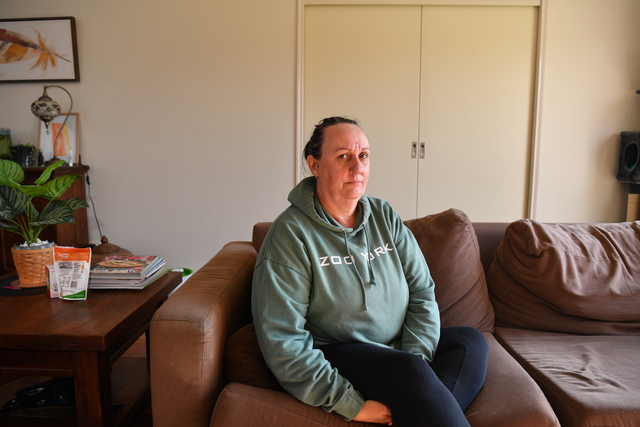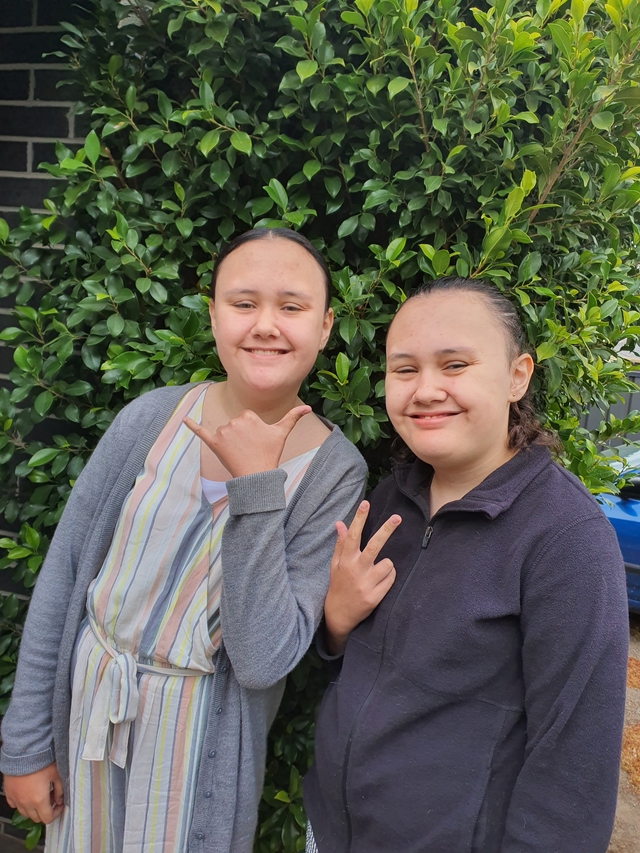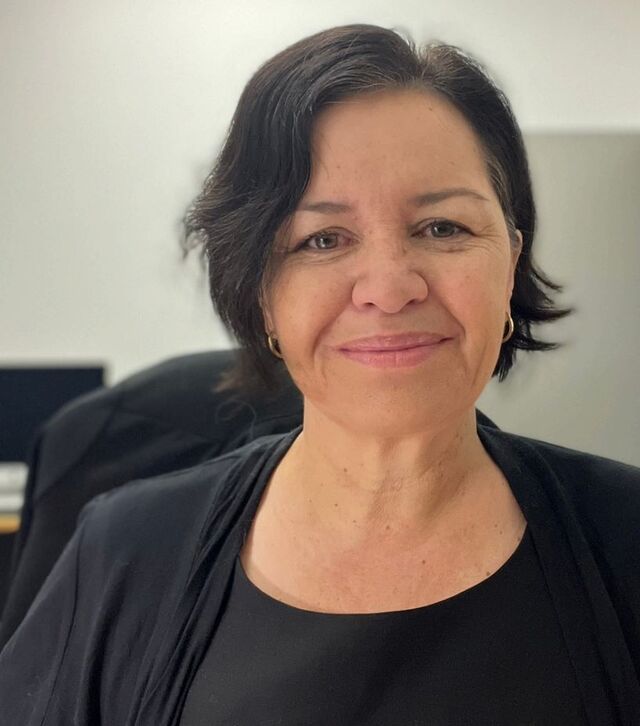
Cade Lucas
Tarneit’s Mackay family moved from New Zealand to Australia 20 years ago. The family is now fighting for the right for their twin daughters, who were born in Australia, to access the NDIS and disability support pension, Cade Lucas reports.
July 1, 2023, was a bittersweet moment for Tarneit’s Angela Mackay.
Originally from Auckland, Angela, her husband, Jeremy, and then 10-year-old daughter, Stella, emigrated to Australia in 2004 and have lived here ever since.
However, like scores of others from across the Tasman, the Mackay’s were disadvantaged by the 2001 law passed by the then Howard government which established a new Special Category visa for New Zealanders in Australia, allowing them stay, but restricting their access to some government payments and obtaining citizenship without first being granted permanent residency.
But at the start of the last financial year, the “direct pathway to citizenship” changes brokered by Australian Prime Minister Anthony Albanese and his then New Zealand counterpart, Chris Hipkins, came into effect, allowing the 350,000 Kiwis living in Australia to become citizens after four years of residency. The right to vote and access to government benefits were among the other rights Australian-based Kiwi’s now had access to that they previously didn’t.
Well, not quite.
While the path to citizenship for New Zealanders has been made quicker and easier, the so called ‘stand down’ periods required for them access to some government services and welfare payments, remain in place.
Effectively waiting periods introduced as a means to collect enough taxes from people in order to offset possible future social security claims, stand downs can range from one to 10 years depending on the type of payment being sought.
For New Zealanders like Angela , who’ve spent years working and paying taxes in Australia as permanent residents before becoming citizens, the stand downs can come as a particularly rude shock.
Knowing that shock was coming for many of her fellow Kiwi’s tempered Angela’s joy on July 1 last year.
“A lot of Kiwis will be in our same situation and don’t even realise it, and won’t until they need help,” she said.
“This goes against the equality and fairness that Australia prides itself on by looking after its citizens.”
Angela is speaking from experience.
While Jeremy and Stella, are now in the process of becoming Australian citizens and Angela 2 due to having lived here in the 1980’s and having a return residency visa – was able to become a citizen in October 2023, there are two other members of the Mackay family who became Australian citizens long before any of them.
“In 2007 we had identical twins born in Australia with a rare chromosome deletion, they both have a intellectual disability,” said Angela of her daughters Kyah and Luca , who as a result of their birthplace, became Australian citizens upon turning 10.
But as Angela explains, this was no cause for celebration.
“Because of our immigration status (both being Kiwis) our children were not granted citizenship at birth. Although my husband paid taxes and paid taxes into the NDIS our children could not access the NDIS until 10 years old as they were not citizens, missing out on years of valuable therapy.”
Turning 17 later this month, Kyah and Luca have been citizens and had access to the NDIS for seven years and have attended Warringa Park Specialist School’s Werribee South campus since they were in prep.
Yet rather than being a figment of the past, standdown periods blocking their access to much needed public support is now a more acute problem for the Mackay twins than ever before.
“They’re now finishing their schooling years so we have applied for the disability pension,” said Angela.
“Both girls qualify under the medical side but were declined on residency status.”
Access to the disability support pension (DSP) still requires a 10-year stand down period from the moment citizenship is granted.
Despite being Australian born and citizens for the best part of a decade, Kyah and Luca still fall three years short of eligibility.
“This is ridiculous,” said their mother who is worried about what the twins will do without full-time education, but unable to perform full-time work.
“When my girls finish school they can possibly get the jobseeker (which has a shorter stand down period). If they do get the jobseeker, they will have to actively look for full-time employment and report every two weeks which is ridiculous when having a learning disability. Worse case they will get nothing and myself and my hubby will have to fully support them until the age of 20,” she said.
The Mackay’s might be an extreme case, but they’re far from the only Kiwi’s who’ve spent years living and working across the ‘ditch’, but who’ve found their rights don’t match their contribution.
Erina Morunga is an Adelaide-based migration agent who said ex-pat Kiwi’s make up an increasing amount of her business.
“Over the past seven years, most of our work has focused on assisting New Zealanders who are eager to become Australian citizens because they or their families lack full rights, privileges, and entitlements – despite paying full taxes for one or two decades,” said Erina who has assisted the Mackay’s.
She said the 10-year stand down period for access to the DSP should be scrapped and that more consideration should be given to the needs of long-term ex-pats.
“These should be taking into account the unfair legislation that have occurred over the past two to three decades which has unilaterally disadvantaged all New Zealanders who came after February 26, 2001, including those who have been tax-paying, law-abiding, community-driven, English-speaking, often skilled, long-term residents of Australia,” Erina said, pointing out that those who paid thousands of dollars in visa charges under the old scheme, should be reimbursed.
The Mackay’s case has been referred to Federal NDIS Minister Bill Shorten as well as the Department of Social Services (DSS).
A spokesperson for the DSS said Australia’s social security system was a non-contributory, residence-based system and to qualify for the DSP, a person must generally have resided in Australia as a citizen or permanent visa holder for 10 years and at least five continuously.
The spokesperson said anyone who meets the residence, disability/early intervention and age criteria under the NDIS Act will receive supports through the NDIS.









